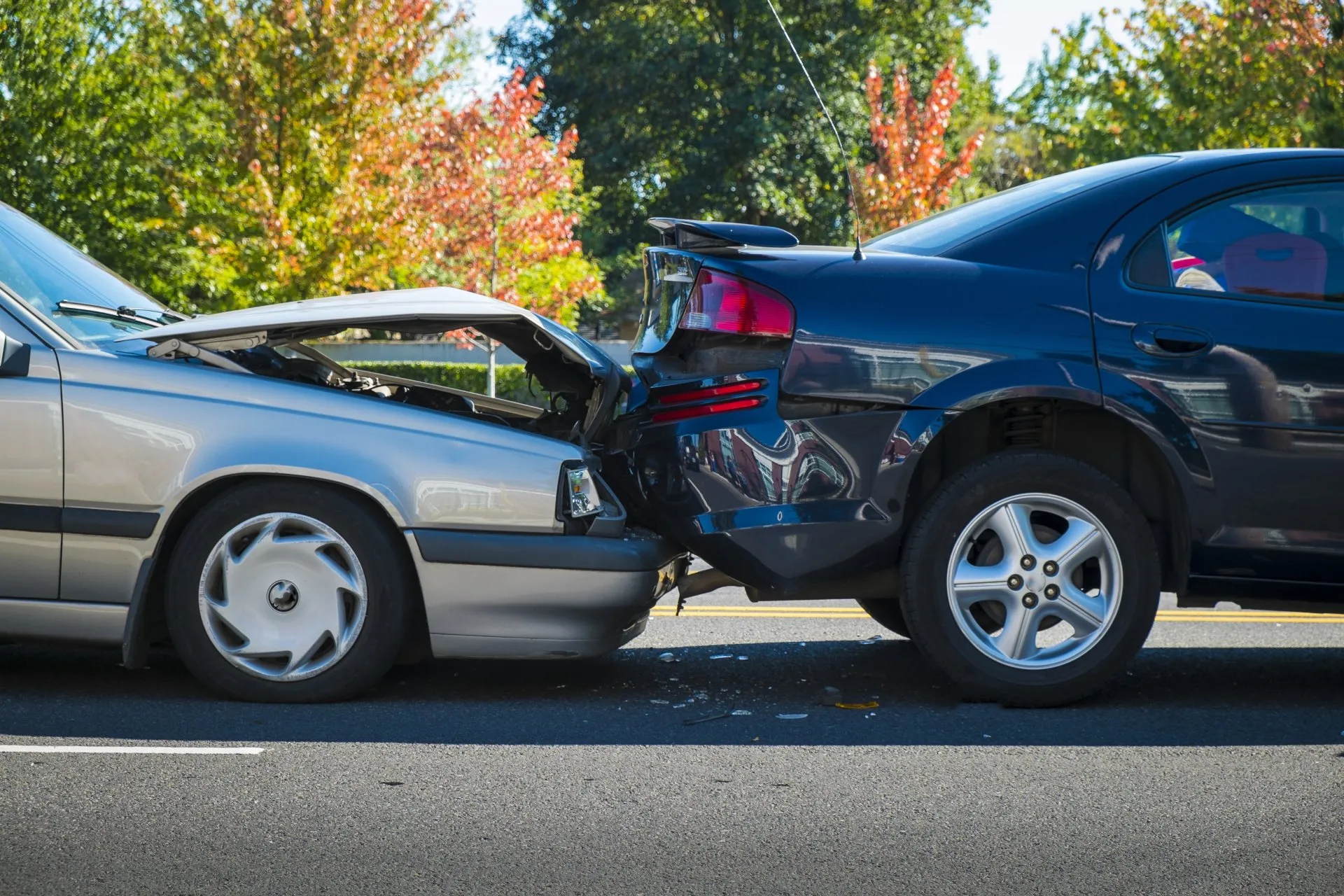What to Do After a Car Accident: A Comprehensive Guide
Car accidents can be traumatizing and overwhelming, but it is essential to remain calm and take the steps to make sure your safety & well-being. Here is a comprehensive guide on what to do after a car accident.
Check for injuries:
The first and most important step is to check yourself and others involved in the accident for injuries. If anyone is injured, call 911 immediately.
Move to a safe location:
If the accident is minor and the vehicles involved are drivable, move them to the side of the road or a safe location to prevent further accidents or traffic congestion.
Call the police:
If the accident is small, even then it is essential to call the police and file a report. The police report can be crucial when filing insurance claims or in legal proceedings.
Exchange information:
Collect information from the other driver(s) involved in the accident, including their name, contact information, insurance company, and policy number. Also, take note of the make, model, and license plate number of their vehicle(s).
Take pictures:
Use your phone or camera to take pictures of the accident scene, including the damage to the vehicles and any relevant road signs or landmarks.
Contact your insurance company:
Call your insurance company and inform them of the accident. Provide them with the information you collected from the other driver(s) and the pictures you took.
Seek medical attention:
Even if you don’t feel injured immediately after the accident, it is advisable to seek medical attention. Some injuries may not show symptoms until days or weeks after the accident.
Keep a record:
Keep a record of all the expenses and losses you incur as a result of the accident, including medical bills, vehicle repair costs, and lost wages. These records will be useful when filing insurance claims.
Consult an attorney:
If the accident was severe or you suffered significant injuries, it is advisable to consult an attorney. A personal injury lawyer can help you navigate the legal proceedings and ensure that you receive fair compensation for your losses.
Follow-up:
You shall follow up with your insurance company and attorney regularly to ensure that your claims are being processed and that you are receiving the compensation you deserve.
It is essential to be prepared for car accidents before they happen. Here are several tips to help you prepare:
Keep an emergency kit in your car:
The emergency kit should include a first-aid kit, a flashlight, a blanket, a phone charger, and a notepad and pen.
Review your insurance policy:
Make sure you understand your insurance policy and what it covers in case of an accident. This will help you make informed decisions when filing insurance claims.
Drive defensively:
Defensive driving can help prevent accidents. Stay alert, obey traffic rules, and keep a safe distance from other vehicles on the road.
Know your state’s laws:
Each state has different laws regarding car accidents and insurance claims. Familiarize yourself with your state’s laws to ensure that you are following the correct procedures after an accident.
Avoid distractions:
Avoid using your phone or engaging in other distracting activities while driving. Keep your focus on the road to prevent accidents.
Thus, car accidents can be traumatic, but it is essential to remain calm and take the necessary steps to make sure your safety and well-being. Remember to check for injuries, move to a safe location, call the police, exchange information, take pictures, contact your insurance company, seek medical attention, keep a record, consult an attorney, and follow up. Being prepared for accidents can also help you prevent them. Keep an emergency kit in your car, review your insurance policy, drive defensively, know your state’s laws, and avoid distractions while driving.

